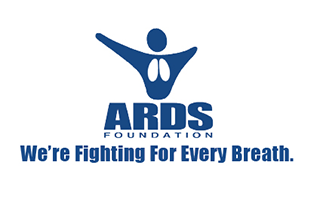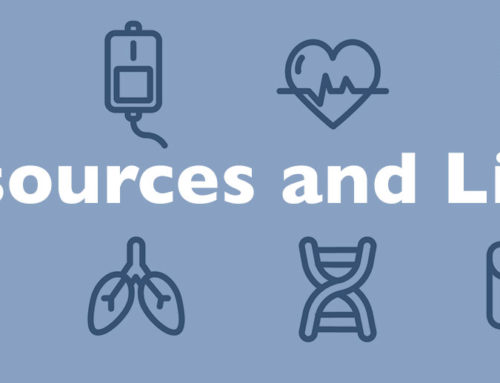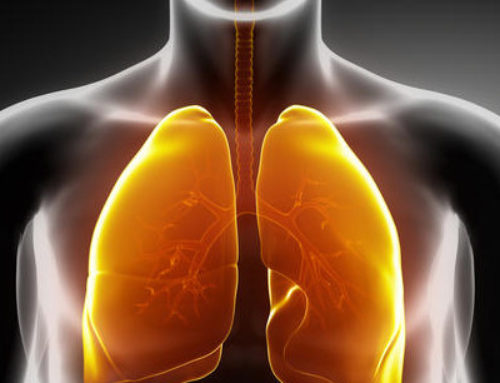“Doc, I can’t breathe!” — The experience of not being able to breathe is very unpleasant and can be frightening. The sensation that something is wrong with your breathing is termed ‘shortness of breath’ or ‘dyspnea.’
Most people only feel short of breath when we do things like running up 5 flights of stairs or holding our breath under water. In this case the ‘cure’ is easy! Slow down, start breathing.
However, dyspnea is a very important and very common symptom of lung and heart diseases, like ARDS, asthma, emphysema, and congestive heart failure. This symptom, like pain, is both useful and problematic.
Dyspnea is useful because it is often the only warning of serious lung or heart disease. On the other hand, dyspnea is very unpleasant and there are many times that we would like to provide relief to improve quality of life (just as we provide pain relief).
ARDS patients experience shortness of breath as a warning symptom of their disease, continue to experience it even when their breathing is aided by a ventilator in the hospital, and may have persistent problems with shortness of breath even after they are discharged from the hospital.
More information about dyspnea is available from The Dyspnea website at Harvard. They have a new website directed at patients and caregivers at www.shortofbreath.org
This site is in the early stages of construction, and will improve a lot in the next 6 months, but you will probably find some information that is useful, including links to the only two dyspnea specialty clinics in the US.
They also have a website about their laboratory which has more scientific information including references to all of their scientific work and .pdf files of many of the articles that they have published at http://www.hsph.harvard.edu/physiology/dyspnealab.
They have published a short scientific review that is available on the web at the Bulletin of the American Pain Society.
There has been much less research on dyspnea than on pain, although most patients who have been severely short of breath realize it is as distressing as pain. The National Institutes of Health funds only 2 dyspnea grants, compared to hundreds of pain grants. This is something that can be changed, but it will take political pressure from patients as well as scientists and clinicians. In the coming months those at the dyspnea laboratory will organize a campaign to raise awareness at the NIH and congress – please stay tuned to www.shortnessofbreath.org for information. Write to dyspnea@hsph.harvard.edu if you think you can help.






